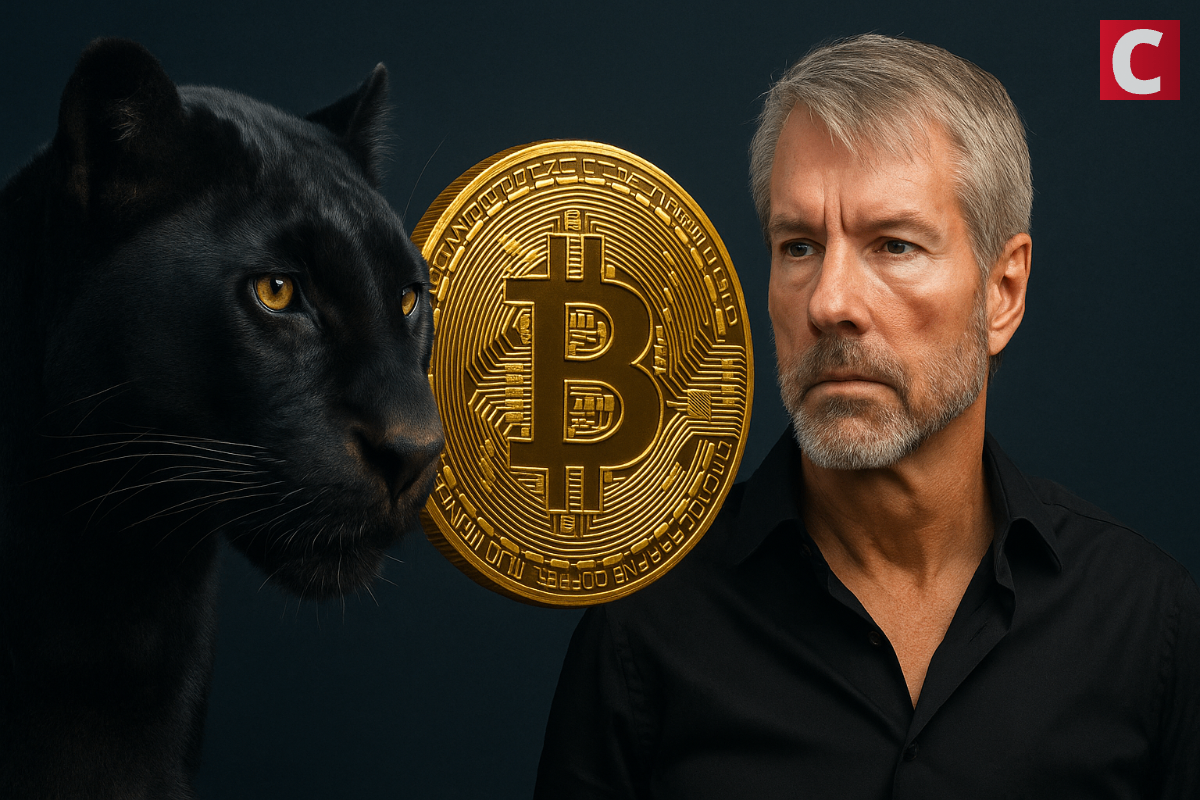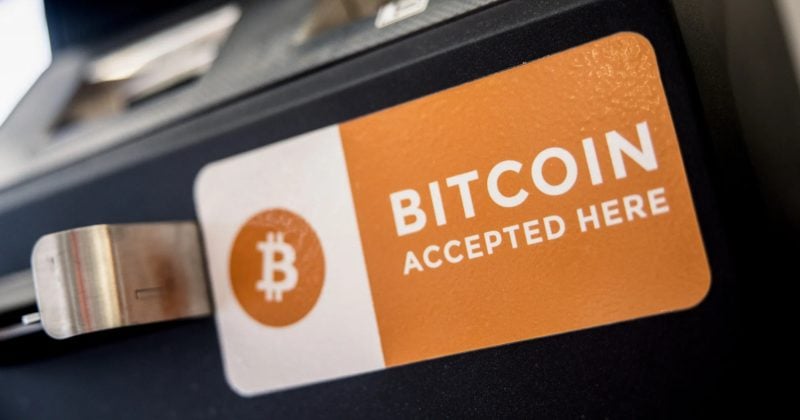Introduction
Real estate is an energy-intensive industry. During construction, significant energy resources are required for operating heavy machinery and equipment, as well as producing materials like cement and steel.
Once constructed, buildings continue to demand substantial energy for various functions. For instance, residential properties require consistent heating, cooling, and lighting, while commercial properties like hotels, malls and stadiums have additional energy needs for climate control, complex lighting systems, high-capacity HVAC systems and require energy for powering amenities such as elevators, escalators, and restrooms. Agricultural facilities and stables often use energy-intensive systems for irrigation and equipment operation.
This persistent demand for energy typically results in high capital expenditures and operational costs, imposing a significant financial burden on both homeowners and tenants.
In most jurisdictions, including the United States, landlords can pass energy costs on to renters, further escalating living expenses. The specifics can vary depending on local regulations and the type of lease agreements in place (e.g., gross versus triple net leases).
Bitcoin mining: a solution to soaring living expenses
In Germany, for instance, reliance on imported energy resources, especially natural gas, has become even more expensive due to geopolitical tensions. With domestic options like nuclear power largely phased out, developers and property managers face rising expenses that inevitably filter down to tenants, driving up the overall cost of housing.
Bitcoin mining involves miners searching for a random number that meets specific criteria, with a solution typically found every 10 minutes. Although most readers are familiar with this process, known as Proof-of-Work, it remains a fundamental mechanism underpinning Bitcoin’s security and decentralization. This process not only rewards successful miners with bitcoin but also transforms electricity into both processing power and significant amounts of heat. The more computational power employed, the more secure the network becomes, making it increasingly difficult for any single entity to control or manipulate it.
With an effective system in place, this excess heat can be captured and utilized for various purposes, allowing energy to be harnessed in two dimensions, computing power and heat.
Paving a truly sustainable energy path with bitcoin
The word “sustainable” has been so misused that I almost prefer not to use it at all. Like other positively connoted terms, it has been abused, especially by institutions that seek to control its meaning. Nevertheless, the underlying concept is sound, and Bitcoin makes it possible. By incorporating Bitcoin mining into energy management strategies, property owners can repurpose the excess heat generated by Bitcoin mining to meet certain energy needs. This heat can support building heating systems, warm water, or directly heat spaces such as residential and commercial areas. New energy systems are being developed to integrate Bitcoin miners with specialized heating systems, allowing for efficient use of this heat to maintain comfortable temperatures and improve energy efficiency within a property.
Bitcoin, solar and excess energy
In regions with sunlight, such as agricultural areas or warm climates, combining Bitcoin mining with solar panels presents a significant opportunity.
This integration can substantially boost the return on investment for solar systems by monetizing the excess energy through bitcoin mining. For residential properties with rooftop solar installations, this also addresses grid capacity challenges that can prevent homeowners from selling surplus energy back to the grid. By utilizing Bitcoin mining, excess energy can be absorbed, converted into reusable heat, and even generate profit.
In many regions, including colder climates like Germany, building regulations mandate the integration of certain energy sources such as solar panels. However, the installation costs of solar panels can be high, with energy generation often limited. Bitcoin mining offers a solution by monetizing the generated energy, thereby providing an additional revenue stream that can help offset the high installation costs of solar panels. This added income makes solar energy, and renewable energy systems in general, more economically viable and financially attractive.
Overall, integrating Bitcoin mining into real estate can result in several economic benefits:
- Reduced Energy Costs: By repurposing excess heat from mining operations for heating or other energy needs, property owners can reduce their overall energy expenses, thereby lowering costs for tenants.
- Alternative Revenue Stream: Bitcoin mining offers a bitcoin-denominated income stream, similar to rental income in real estate. It can provide an additional cash flow alongside traditional real estate income. This extra revenue can be reinvested into the property or used to offset operational costs.
- Increased Property Value: Reduced energy costs through Bitcoin mining may increase a building’s value by lowering operational expenses and potentially creating additional cash flow. Overall, properties that reduce energy costs and integrate renewable energy sources become more appealing to buyers.
Regulatory hurdles
While Bitcoin mining offers significant potential for the real estate industry, regulatory considerations must be carefully navigated. In some jurisdictions, integrating Bitcoin mining into property operations may face legal challenges.
These concerns can vary based on local laws and regulations, which could impact how mining activities are implemented and managed within real estate developments. Therefore, it is crucial to navigate local laws and regulations carefully to assess the viability, ensure compliance, and maximize the benefits of integrating Bitcoin mining into property management.
A new era in property management?!
Real estate developers and investors who embrace Bitcoin mining can position themselves at the forefront of a new era in property management, where Bitcoin plays a key role.
With the emergence of Bitcoin, real estate may eventually revert to reflecting its utility value, as bitcoin proves to be a superior store of value that many may prefer over traditional property investments. In this new paradigm, Bitcoin mining could further transform our view of properties, prompting us to see them not only as financial assets but also as purposeful physical spaces that require proper care and can generate sustainable profitability.
Integrating Bitcoin mining into real estate operations can actively support existing business processes and demonstrates how mining can positively impact living environments. As mining technology continues to evolve and its benefits become clearer, the adoption of these practices in real estate is expected to grow.
Potential decentralization in mining through the integration into tangible structures
In addition, a particularly exciting potential side effect for Bitcoiners is that many small-scale mining facilities can be integrated in a decentralized manner. This could contribute to a less centralized Bitcoin mining ecosystem compared to the current dominance of large mining pools.
Conclusion
As someone with a background in real estate development, I appreciate that Bitcoin is not just a concept or utopia. It is a protocol and computer network with tangible impacts on our physical world. The synergy between Bitcoin mining and real estate offers a promising opportunity to enhance the energy efficiency and profitability of properties.
The integration of Bitcoin mining into existing property structures or new developments currently faces several challenges, including regulatory uncertainties and the lack of pre-manufactured solutions that can be easily incorporated into buildings on a large scale.
These obstacles underscore how early we are in the development of this technology but also present a significant opportunity for entrepreneurs to innovate and create practical solutions.
Just as it took decades to build out the internet infrastructure, the integration of Bitcoin mining into physical structures like real estate will need time and effort. This will require careful planning, allocating dedicated space for mining operations, integrating them into the existing heating system, and addressing energy management concerns.
A dedicated and forward-thinking landlord or property manager can overcome these challenges and unlock the benefits of combining real estate with Bitcoin mining.
This is a guest post by Leon Wankum. Opinions expressed are entirely their own and do not necessarily reflect those of BTC Inc or Bitcoin Magazine.
how-bitcoin-mining-can-energize-real-estate














Leave a Reply